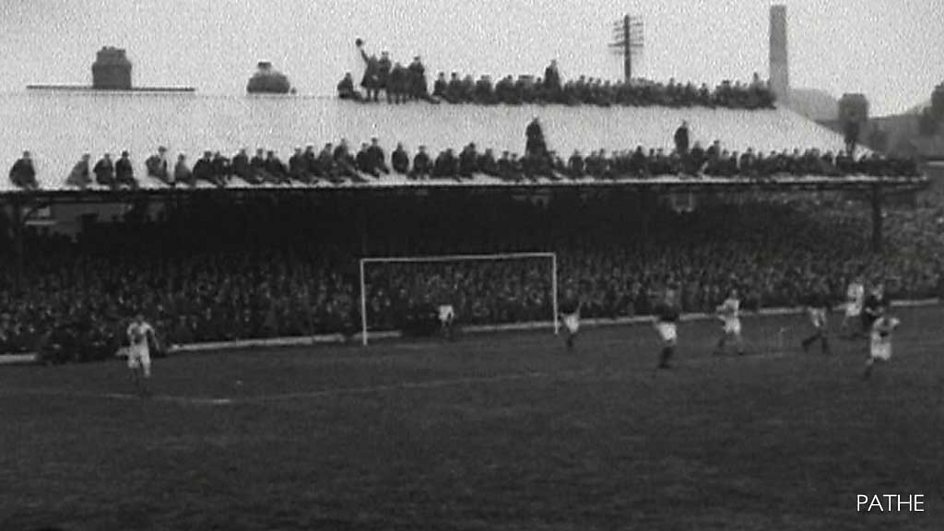5th Bn, King’s Royal Rifle Corps, Winchester.
" Mother
Just a line to let you know that I am getting on all right in the Army. I hope that you are all well as I am myself. I am very sorry for what I done when I was at home and will pay you back when I get some more pay. I like the Army very well for I am going to join the Regulars when I have done my time in the Reserve. Then I shall be able to pay you back for I get 30/- [30 shillings/£1.50] as a bounty. I hope you and Dad will forgive me for what I done when at home. I cannot write no more at present for I have to do some more work. Trusting you will forgive me. I remain your son,"
Stephen Brown
Dear Mother
"Just a line to let you know that I am getting on alright. I hope [you] are the same. I am sorry I did not write before. We are so busy that I have had [no] time. We are confined to barracks so I can not get a stamp… I hope Tommy and Archie Hammond are all right. Give my love to Kitty, Lillie, Maggie, Freddy and Ted. I hope Dad is quite well… I thank you for forgiving me. I know I don’t deserve it. Tell Auntie Tot and Uncle Bob that I am getting on fine. Is Uncle Bob been called up yet? We are calling all our Reservists up and those on leave. This is all at present.
I remain your loving son, Stephen"
These are some of the letters we will be using in our video.









